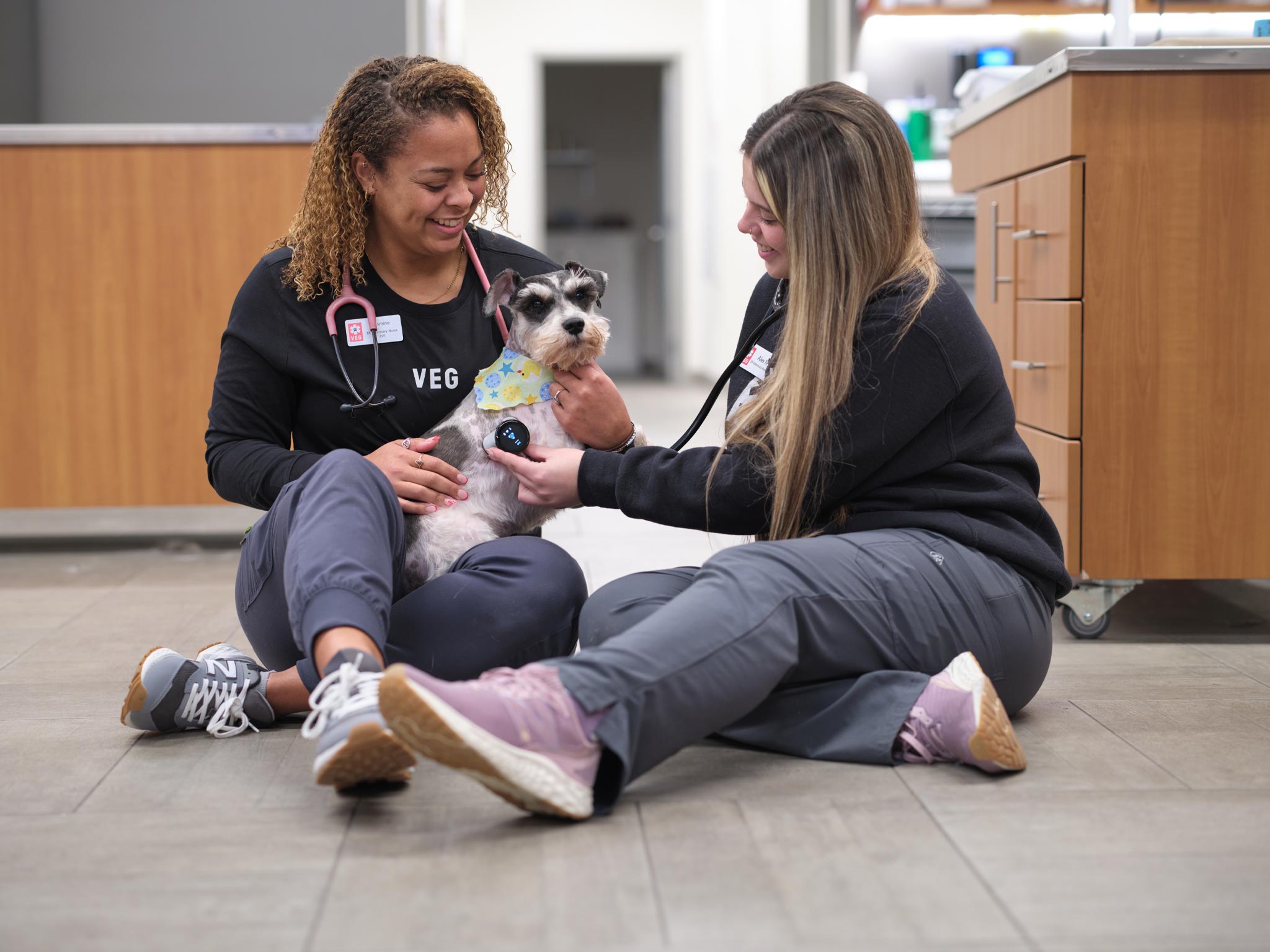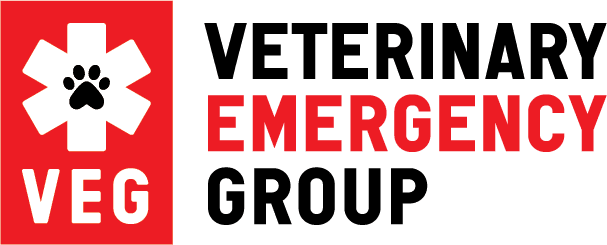
My Dog Won’t Stop Sneezing – Is This an Emergency?
Dr. Joy Carter
Call & Speak with a doctor Open 24/7, Even Holidays!
Walk in today for:
Emergencies
Point-of-Care Ultrasound
Urgent Care
X-Rays
Diagnostics + Testing
End-of-Life Care
Surgery
Treatment + Hospitalization
Awww…your doggy’s sweet little sneezes are probably the cutest thing you’ve ever heard. But when it turns into a sneeze-a-palooza—like your pooch has become a sneezing machine—it just doesn’t sound good. So, when does sneezing become a real concern, and is it an emergency? Tissues, please. Let’s discuss.
CAUSES FOR YOUR DOG’S SNEEZING
First, take it easy, sneezy. You don’t always have to be worried about your dog’s sneezing. Sometimes, it’s just how dogs clear their nose. Here are some everyday reasons:
- Dust and pollen – Like humans, dogs can also be allergic to environmental allergens and irritants.
- Smoke – Whether it’s from a cigarette or a fireplace, smoke can irritate little Nero’s nose.
- Perfumes and sprays – Strong scents are common culprits that can cause bouts of sneezing.
- Foreign material – Inhaling a blade of grass or other foreign material is more common than you think!
Remember, occasional sneezing is no biggie. But if the sneezing continues, and seems disruptive to your dog’s demeanor, it’s time to take a closer look.
RED FLAGS: SIGNS THAT IT’S MORE THAN JUST A SNEEZE
Sneezing could be a sign of an underlying issue. Here’s what to look out for:
- Discharge – The yuck has run amok. A runny nose with colored discharge could be a sign of infection.
- Frequency – If it’s over 24 hours and the sneezing hasn’t stopped, it’s time to call VEG!
- Coughing – Coughs can present all different ways, from a harumph to a hacking noise. When accompanied with sneezes, bring your bestie to VEG for an exam.
- Wheezing – That airy, forced sound your dog is really struggling with? Yep, that’s wheezing, and it definitely needs medical attention.
- Change in behavior or energy – your dog’s a naturally peppy pup, but this coughing has got him feeling like a tired ol’ hound.
If you notice any of these signs, contact us, so we can check out if there are serious conditions at play.
WHAT TO DO ABOUT MY DOG’S SNEEZING
Your dog can’t tell you what’s wrong, so it’s up to you to observe and bring your bud in for help. Remember—
- Don’t self-diagnose: call your vet!
- Keep an eye on the symptoms: how often are they sneezing?
- Call your local VEG for immediate guidance.
C’MON, GET YAPPY! VEG IS OPEN 24 HOURS A DAY
You want your furry friend back to his happy, yappy self real soon. So, if your dog is sneezing, especially if accompanied with other symptoms, call your nearest VEG location. We’re always open, even on holidays, and are ready to triage your pet immediately. You’ll stay with your pet the entire time, as we diagnose and treat your doggo’s unstoppable sneezes!

